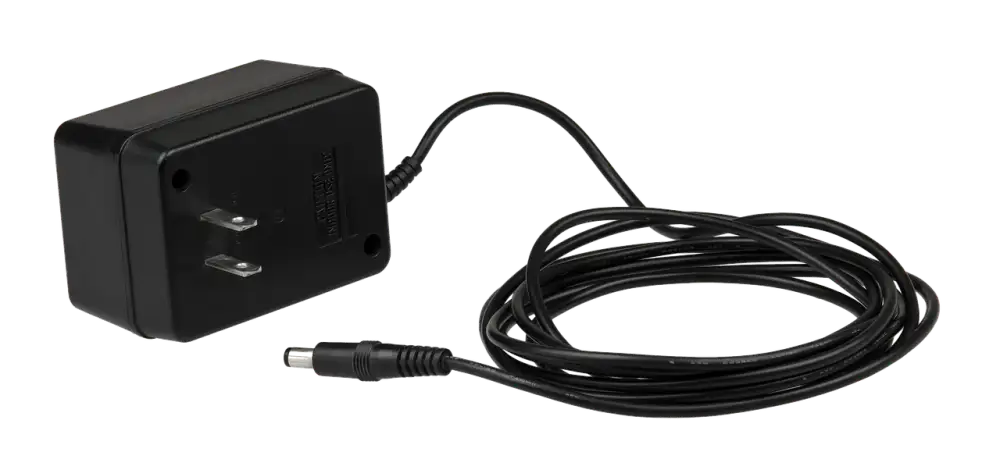Empowering Oral Health: Innovative Toothbrushes for Disabled Individuals

- Importance of Oral Hygiene for People with Disabilities
- Features of Toothbrushes for Disabled
- Types of Toothbrushes Available for Different Disabilities
- Tips for Choosing the Right Toothbrush for Individuals with Disabilities
- Proper Techniques for Using Toothbrushes for Disabled
- Recommendations from Dentists and Oral Health Professionals
Maintaining good oral hygiene is essential for overall health, yet individuals with disabilities often face challenges in effectively brushing their teeth. Traditional toothbrushes may not be suitable for those with limited mobility, dexterity issues, or sensory sensitivities. In response to these challenges, innovative toothbrushes have been developed to cater to the specific needs of disabled individuals. These specialized tools aim to make oral care more accessible and manageable, promoting better dental health outcomes for this population.
Importance of Oral Hygiene for People with Disabilities
Maintaining good oral hygiene is crucial for everyone, especially for people with disabilities. Studies have shown that individuals with disabilities are at a higher risk of developing oral health issues such as cavities, gum disease, and tooth loss compared to the general population. Poor oral health can also lead to systemic health problems like cardiovascular disease and respiratory infections. Therefore, regular oral care is essential to prevent these complications and improve overall well-being for people with disabilities.
Features of Toothbrushes for Disabled
When it comes to toothbrushes for disabled individuals, there are several key features that make them more accessible and user-friendly. These toothbrushes often have larger handles with ergonomic grips to make them easier to hold and maneuver. Some models also come with angled heads or flexible necks to reach difficult areas in the mouth. Additionally, toothbrushes for disabled individuals may have softer bristles to prevent irritation for those with sensitive gums or oral issues. Overall, these features aim to enhance comfort and effectiveness while promoting independence in oral hygiene routines.
Types of Toothbrushes Available for Different Disabilities
When it comes to catering to the diverse needs of individuals with disabilities, there are various types of toothbrushes available in the market. Some options include electric toothbrushes with larger handles for those with limited dexterity, toothbrushes with angled heads for individuals with mobility issues, and silicone finger brushes for those with sensory sensitivities. Additionally, there are specialized toothbrushes designed specifically for individuals with visual impairments or cognitive disabilities, featuring braille markings or easy-grip handles. These tailored toothbrushes aim to make oral hygiene routines more accessible and effective for people with different types of disabilities.
Tips for Choosing the Right Toothbrush for Individuals with Disabilities
When choosing a toothbrush for individuals with disabilities, consider the grip. Look for toothbrushes with ergonomic handles or those that can be adapted with grips or straps to make them easier to hold. Soft bristles are gentle on sensitive gums and teeth. Electric toothbrushes may be beneficial for those with limited dexterity as they require less manual movement. Additionally, consider the size of the brush head to ensure it can comfortably reach all areas of the mouth. Consulting with a dentist or oral health professional can help in selecting the most suitable toothbrush for specific needs.
Proper Techniques for Using Toothbrushes for Disabled
Proper techniques for using toothbrushes for disabled individuals are crucial to ensure effective oral hygiene. For those with limited dexterity, using an electric toothbrush with a large handle and soft bristles can be beneficial. The individual should hold the toothbrush at a comfortable angle and gently move it in small circular motions to clean all surfaces of the teeth. Caregivers may need to assist in guiding the brush if necessary. It's important to brush for at least two minutes twice a day and replace the toothbrush or brush head every three months for optimal oral health.
Recommendations from Dentists and Oral Health Professionals
Recommendations from dentists and oral health professionals emphasize the importance of regular dental check-ups for individuals with disabilities. They suggest using electric toothbrushes with soft bristles for those with limited dexterity. Additionally, incorporating adaptive tools like modified handles or toothbrush holders can improve accessibility and independence in oral hygiene routines. Dentists also stress the significance of proper technique and consistency in brushing to maintain optimal oral health for individuals with disabilities.
In conclusion, innovative toothbrushes play a crucial role in promoting oral health and independence for individuals with disabilities. By providing specialized features and designs tailored to different needs, these toothbrushes empower individuals to maintain good oral hygiene effectively. It is essential for caregivers and healthcare professionals to educate themselves on the available options and proper techniques for using these toothbrushes to ensure optimal oral health outcomes for people with disabilities. Ultimately, prioritizing oral health care for individuals with disabilities not only enhances their overall well-being but also promotes greater independence and quality of life.
Published: 19. 04. 2024
Category: Health



